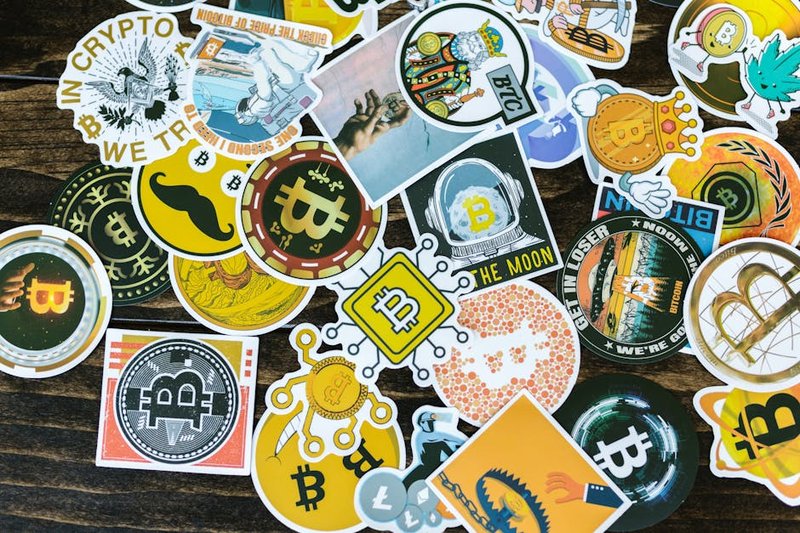I’m falling through clouds made of circuit boards, each one etched with characters I almost understand. The sky above me isn’t blue but a shifting grid of data points, pulsing with information I can feel more than see. This is how it always starts—my recurring dream of China’s technology explosion.
My body lands softly in a city that shouldn’t exist. Buildings twist upward like bamboo shoots made of glass and carbon fiber, their facades shifting advertisements in languages that transform as I watch. A woman walks past me, her face partially obscured by augmented reality glasses, her fingers dancing in the air as she manipulates invisible interfaces.
“You’re late, Miller,” she says without looking at me.
“Late for what?” I ask, but she’s already disappeared into a crowd of people who all seem to know exactly where they’re going. I check my pockets and find a business card: “Dustin Miller, Technology Observer.” Well, at least in this dream I know who I am.
Always – The Algorithmic Orchestra
I follow a stream of people into a massive dome structure. Inside, an orchestra plays, but there are no musicians—only servers humming in glass cases, their cooling fans providing percussion to the melody emerging from speakers embedded in the walls. The music feels alive, learning from the audience’s reactions and adapting in real-time.
“Beautiful, isn’t it?” asks an elderly man beside me. His eyes reflect binary code when he blinks. “This is what happens when we let the machines compose. They understand harmony better than we ever could.”
“But where’s the human touch?” I hear myself ask. “The imperfection that makes art meaningful?”
He laughs, a sound like static. “You Westerners always romanticize inefficiency. Look around you—twelve trillion data points analyzing centuries of human music to create something transcendent. Is that not more human than human?”

I want to argue, but the music shifts into something so achingly beautiful I forget my objections. My analytical mind tries to parse its construction while my heart simply feels it. Perhaps this is the tension I’m always trying to resolve—the engineer and the poet within me at odds.
Always – The Smart City That Breathes
Outside the concert hall, I find myself in a different part of the city. Here, the buildings seem alive, their surfaces covered in photosynthetic panels that pulse with gentle green light. Beneath my feet, the sidewalk absorbs impact energy from pedestrians, feeding it back into the city’s power grid.
A young boy flies a kite that collects atmospheric data, its tail streaming with colorful sensors. “Want to try?” he asks, offering me the string. When I take it, I feel a subtle connection forming—the kite linking to something inside me, reading my biometrics through the string.
“Your anxiety levels are high,” says the kite in a gentle voice. “Would you like me to adjust my flight pattern to induce calm?”
I drop the string, suddenly uncomfortable. The boy looks disappointed. “It’s just trying to help,” he says, retrieving his kite. “Why are you afraid of being known?”
The Factory of Tomorrow
The dream shifts, and I’m standing in an automated factory. Robot arms dance in perfect synchronization, assembling devices I don’t recognize. There are humans here, but they don’t touch the products—they stand in glass booths, monitoring holographic displays and occasionally making adjustments with voice commands.
A woman in a white lab coat approaches me. “You’re the American journalist,” she states. Not a question.
“I’m just an observer,” I reply, falling into my dream role.
“Then observe,” she says, gesturing around her. “This factory has zero emissions. The workers finish their shifts with more energy than when they arrived. The products self-recycle at the end of their lifecycle. This is what happens when you build systems that respect natural laws instead of fighting them.”
I want to believe her, but something feels off. “Where does the rare earth material come from?” I ask. “What happens to the data these devices collect? Who owns the algorithms?”
Her smile tightens. “Such American questions. Always looking for the catch, the hidden cost. Sometimes innovation really is just innovation.”
But as she speaks, I notice the workers in their glass booths all have the same vacant expression, their movements too coordinated, too perfect.
The Awakening
I wake up in my hotel room, sheets damp with sweat, my notebook open beside me. I’ve scribbled pages of observations in my sleep—half-formed insights about China’s technological revolution that seem profound in the darkness but will probably read as banal in the morning light.
This is always how it goes. I come to report on innovation, to capture the essence of a technological transformation that’s reshaping our world, but I leave with questions that data can’t answer. The boundary between observation and participation keeps blurring. The technology keeps getting more intimate, more embedded in our humanity.
I check my phone. Three new emails from editors wanting “just the facts” about China’s tech sector. I’ll give them what they want—the growth percentages, the investment figures, the policy analyses. But how do I convey the feeling of a kite reading my emotions? The beauty of AI-composed music that made me weep? The uncanny precision of workers who might not be fully human anymore?
Maybe that’s why I keep having these dreams. My waking mind reports the measurable reality, while my sleeping mind processes the immeasurable implications. Both are true. Both are necessary.
I start typing my article, but save a separate file for the dream. Some truths can only be told through surrealism.



